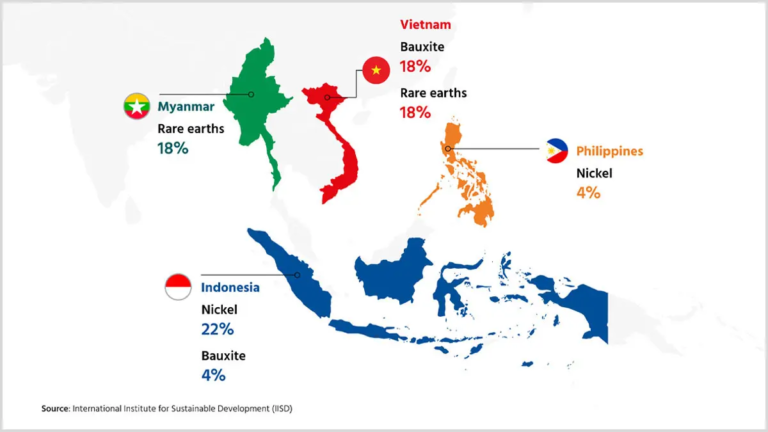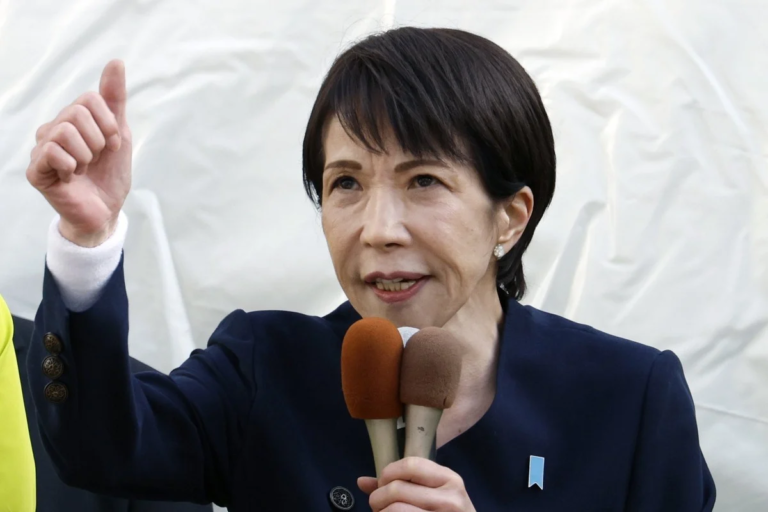
Malaysia to Seek United ASEAN Response to U.S. Reciprocal Tariffs
Introduction
In a strategic move to bolster regional economic stability, Malaysia has announced its intention to seek a unified response from the Association of Southeast Asian Nations (ASEAN) regarding the recent imposition of reciprocal tariffs by the United States. This initiative underscores Malaysia’s commitment to regional solidarity and aims to mitigate the potential economic impacts of U.S. trade policies on ASEAN member states.
Background
The U.S. has implemented a series of tariffs targeting various goods from multiple countries, including those within ASEAN. These tariffs have raised concerns among member states about their economic repercussions, particularly in sectors such as agriculture, electronics, and textiles. Malaysia, as one of the region’s key economies, is advocating for a collective approach to address these challenges.
Details of the Initiative
During a recent press conference, Malaysian Trade Minister Zafrul Abdul Aziz emphasized the importance of a coordinated ASEAN response. “We believe that a united front will not only strengthen our negotiating position with the U.S. but also protect our economies from the adverse effects of unilateral trade measures,” he stated.
The proposed initiative includes:
- Joint Negotiations: Malaysia aims to facilitate discussions among ASEAN members to present a cohesive stance to the U.S. government, advocating for fair trade practices and the reduction of tariffs.
- Economic Impact Assessments: ASEAN countries will collaborate to assess the economic impact of U.S. tariffs on their respective economies, providing data to support their negotiations.
- Strengthening Regional Trade Agreements: In light of external pressures, Malaysia is also pushing for the enhancement of intra-ASEAN trade agreements to reduce dependency on external markets.
Implications for ASEAN
A united ASEAN response could have several implications:
- Increased Bargaining Power: By presenting a collective front, ASEAN countries may enhance their leverage in negotiations with the U.S., potentially leading to more favorable trade terms.
- Economic Resilience: Strengthening regional trade agreements could help ASEAN nations mitigate the impact of external tariffs, fostering greater economic resilience.
- Solidarity Among Member States: A coordinated response would reinforce the spirit of cooperation within ASEAN, showcasing the bloc’s ability to address common challenges.
Challenges Ahead
Despite the potential benefits, challenges remain in achieving a unified response. ASEAN is composed of diverse economies with varying levels of dependence on U.S. trade. Aligning the interests of all member states may prove difficult, particularly when some countries may benefit from U.S. tariffs in specific sectors.
Conclusion
Malaysia’s initiative to seek a united ASEAN response to U.S. reciprocal tariffs highlights the importance of regional cooperation in navigating complex global trade dynamics. As ASEAN countries work together to address these challenges, the outcome could significantly influence the region’s economic landscape and its relationship with major global powers. The success of this initiative will depend on the ability of member states to collaborate effectively and present a cohesive strategy to the U.S. and other trading partners.




